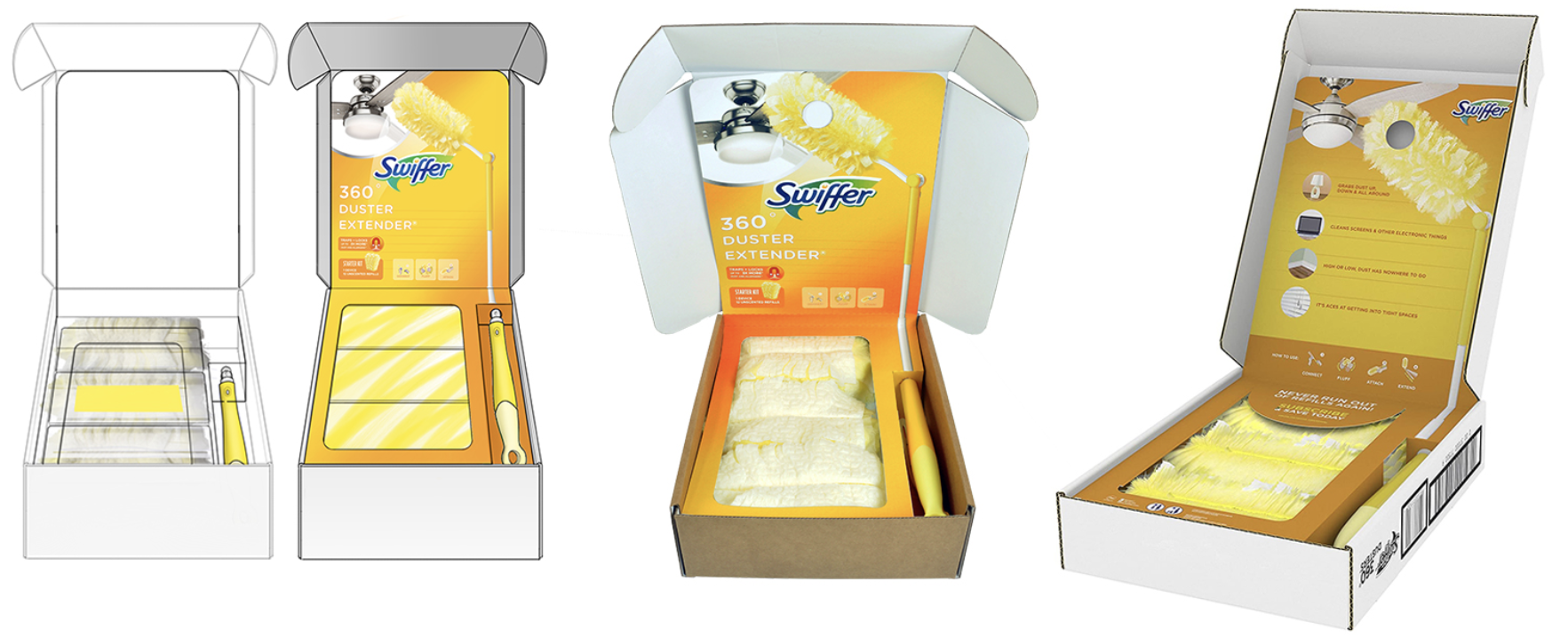Consumer product brands can sometimes get too attached to a particular retail goal or trend and base too many decisions on that trend. We all know brands who excitedly attempted big box stores too early, or relied solely upon Amazon only to get knocked-off 3 months later. We’ve seen the rise of online retail (and increased online competition), as well as a proliferation of pop-up stores.
Margins, production capacity, financial stability, team expertise, and help in determining a retail strategy; however, while these are very quantifiable, important items they don’t always push a young brand to make the right decisions when launching or growing a retail distribution presence.
Where Should You Capture Mind Share?
Consumers:
The first and most fundamentally important example of “mind share” deals with a brand’s ability to create awareness, educate, and ultimately motivate the end-consumer to buy the brand’s product. This is most often referred to a brand’s ability to drive sell-through within retailers, distributors, and any other sales channel.
And there are no shortage of blog posts, resources, and advice on creative ways to engage your potential customers – POP displays, social ads, demo days, packaging, promotions – generating demand and sell-through is a creative process with no single correct method (only best practices). Omnichannel marketing tactics need to be balanced and tested in small doses before re-investing into particular sales channels.
Additionally, unless you’re selling a commoditized item, differentiating your brand in the minds of consumers revolves around creating an emotional response to change shopping routines and current behavior.
Retailers and Distributors:
Brands often forget to capture mind share here. Retailers and distributors are your partners. They create opportunities for sales growth, and opportunities to capture additional consumer mind share. Being in Walmart, Ingram Micro, Bed Bath & Beyond, Petra, or Best Buy doesn’t equate to realized growth until consumers make their purchase (and don’t return it). Your partners will become liabilities if they don’t remember who you are.

Gaining mind share with your reselling partners requires you to actively manage, motivate, and support them on a regular basis. Marketing campaigns, fast communication, MAP control, and other retail operational activities requires a brand’s time and resources. You cannot expect retailers or distributors to dedicate personal attention to your lesser-known brand when it accounts for a fraction of a percentage of their overall revenue.
Also, if your products are selling well despite not doing much marketing, great! That means investing in marketing should provide stronger than average ROI.
Sales rep network & groups:
Consumers are not the only ones you need to excite with your product offering.
You wouldn’t hire an employee and leave them alone for a few months in the hopes of achieving results, right? Commission is both a motivator and demotivator. I’ll explain…
Because of my work helping brands scale up their retail presence in North American, they often ask “what connections do you have?” or “what retailers do you specialize in?“. While seemingly important, these are not the right questions to ask.
Any brand can hire a sales rep or sales rep group. Tons of accelerators, incubators, and organizations also exist to get you in front of potential buyers. Getting a “connection” is not overly difficult with enough effort and determination. The difficult part is developing an appropriate channel strategy, finding the right people, supplying reps with the right materials, and actively engaging with them (i.e gaining their mind share).
How could commission ever be a demotivator? Imagine hiring Susan the sales rep to approach Best Buy. As a lesser-known brand it can take her anywhere from 4 to 12 months to get you placed in stores or even in front of a buyer depending on your retail-readiness. How long would you work for free for a brand that likely won’t be pushing a ton of volume anytime soon?
Without supporting and motivating your sales network (distributors included) you’ll be wasting months in the future rather than spending a few days each month to communicate.
Mind Share Mindset
Putting mind share first puts brands in a better position for long-term growth. Brands who rely too heavily upon distributors or sales reps are putting themselves at much greater risk without the right amount of support.
We see this all the time when brands establish a national retail presence only to fold in on themselves due to a lack of demand, financial stability, and poor operational management of reseller channels.
If you are interested in getting your brand into retail, schedule a time with Yohan Jacob at yjacob@retailbound.com.



